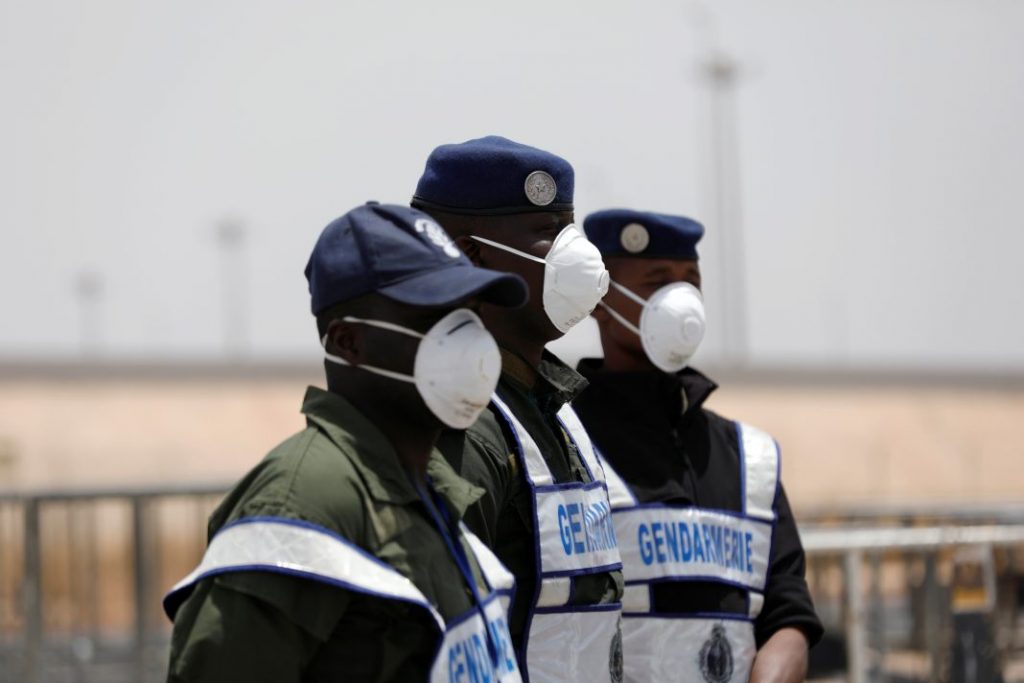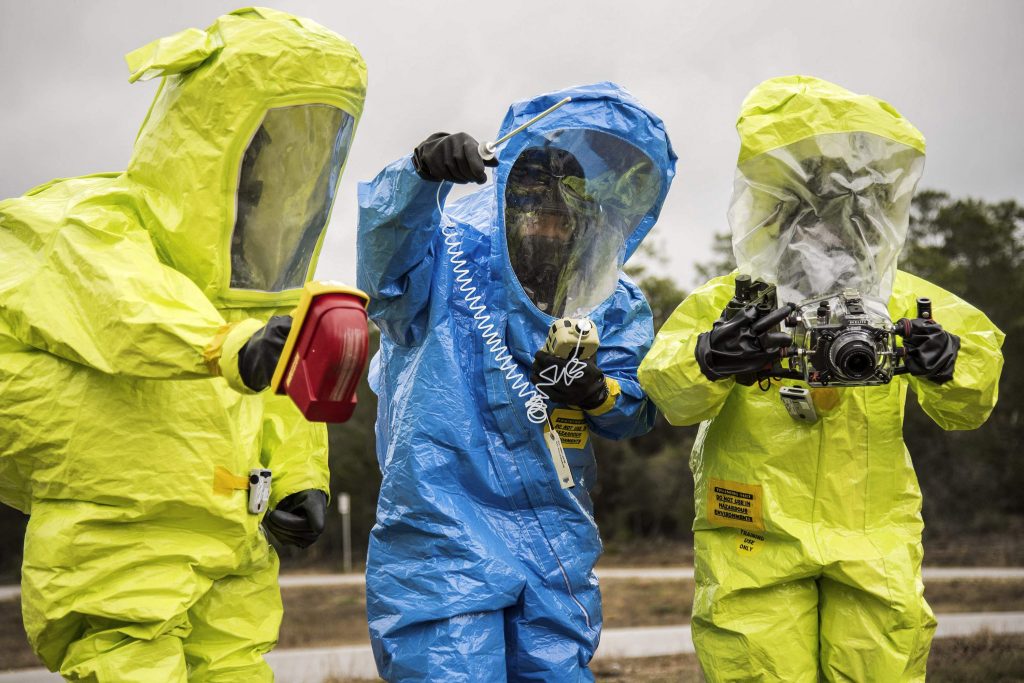Digital rights violations in Africa have become commonplace in the past decade, with Internet shutdowns, social media app disruptions, illegal surveillance, arrest of citizens (for comments made online) and data privacy violations, amongst others, becoming regular occurrences. At Paradigm Initiative, our constant monitoring of the digital rights scene on the continent feeds into our advocacy work, and into our annual Digital Rights in Africa Report, the 2019 edition which was published on Thursday.
In the past 5 years in particular, the severity of digital rights violations on the continent has sunken to new lows, details of which never ceases to shock. Despite this, the COVID-19 outbreak, which has dominated headlines around the world in the past few weeks, and has made inroads into the continent, reignites our shock at the speed with which some state actors in Africa can hide under any pretext to limit human rights and freedoms. Granted that in the midst of a pandemic, certain civil freedoms can be limited for public safety, the accounts of human rights violations in Africa in the past weeks have often lacked a sense of proportionality and legality in some government efforts to ostensibly stop the spread of the virus.

At Paradigm Initiative, we’ve been monitoring and documenting the concerning cases of human and digital rights violations since the onset of the COVID-19 pandemic. Through our Africa-wide and global community convened through the NetRights Africa coalition mailing list, we have been collating incidents of violations during the pandemic, and also offering support to community members.
This blog gives an overview of the major violations which have occurred in Africa since the onset of the pandemic, and also highlights the sobering reality that many of these violations only caught on on the continent once they had become “legitimized” in Europe and elsewhere, for example with Germany, Austria and Belgium amongst the countries using mobile phone surveillance to track the spread of the pandemic. This is a reminder to our partners in digital rights advocacy in the global North that it is often the case that facilitators of human and digital rights violations get emboldened in their acts when they’ve observed hitherto defenders of these rights abuse them.
We learnt recently that a 13-year-old boy became the latest casualty of brutal police enforcement of COVID-19 lockdowns in Kenya after he was hit by a bullet while standing in the balcony of his parent’s home. However, journalists and citizens have been particularly affected by government restrictions during the COVID-19 outbreak, with the arrest of Kaka Goni in Niger for a Twitter post about a suspected COVID-19 case in Niamey, the country’s capital; the arrest of Elijah Muthui Kitonyo for spreading what was termed fake news about the whereabouts of a COVID-19 patient in Kenya; and the implementation of more restrictions to the free movement of journalists in Nigeria following the announcement of lockdowns in the Nigerian states of Lagos and Ogun, and the federal capital, Abuja.

South Africa has in place, legislation which criminalizes the spreading of misinformation relating to COVID-19, while the country has also joined Kenya in implementing mobile phone tracking for COVID-19 surveillance. In Sierra Leone, the government has imposed a 12-month-long state of emergency, which gives security agencies emergency powers, apparently without approval of Parliament.
Throughout the duration of the pandemic, we will continuously monitor the situation in collaboration with our NetRights Africa community. Our monitoring and analysis will inform the nature of support we mobilize for this digital rights community. With their support, and the support of the broader international digital rights community, we are confident that digital rights in particular, and human rights in general, will be defended during this period; and that learnings from this period will inform our preparedness for future emergencies.
The author of this article, Babatunde Okunoye, is the Research Officer at Paradigm Initiative.


